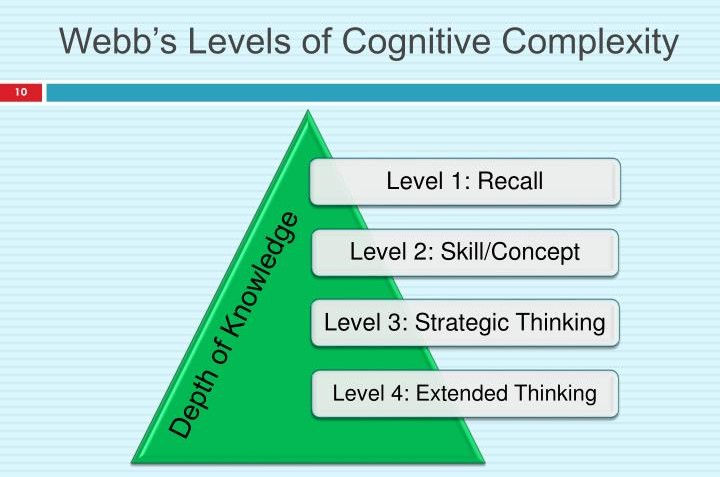Treading through Turbulent Waters: Overcoming the Emotional Impact of School Politics
- Suman Sharma

- Jun 5, 2023
- 2 min read
In addition to the broad strokes of academics and extracurriculars, the school canvas also depicts the subtler tints of politics. It often infiltrates hallways, classrooms, and conversations, subtly but significantly affecting the school experience. This blog intends to explore the emotional undertow of school politics and, more importantly, to provide strategies for navigating it.

The Unconscious Emotional Current of School Politics
School politics is comparable to a subcurrent. It can drag you in unexpected directions, leaving you emotionally exhausted. This emotional vortex is caused by the constant manipulation for popularity, the unspoken power structures, and the favoritism. The consequences? Increased stress, feelings of exclusion, lowered self-esteem, and occasionally a compromised educational experience. However, it is essential to consider that you are not alone. You can also learn to swim against the current.
Strategies for Mastering the Art of Navigating School Politics
1. Maintain Neutrality: Neutrality is not passive passivity, but rather informed nonpartisanship. It is about not taking sides in conflicts impulsively and avoiding unnecessary drama. This strategy protects you from unnecessary emotional turmoil and enables you to maintain focus on academics and personal development.
2. Encourage Open Communication: Effective communication is a potent instrument to have in your arsenal. If you are concerned about favouritism or feeling excluded, address your concerns in a constructive manner. Ensure your objective is not to accuse, but rather to comprehend, resolve, and promote harmony.
3. Prioritize Personal Development: In the midst of the din of school politics, tune into your own cadence. Focus on expanding your knowledge, acquiring new skills, and fostering your overall development. Your accomplishments and abilities will speak for themselves and sustain you during difficult times.
4. Cultivate a Support System: A network of dependable friends, teachers, and mentors serves as a buoy when the political currents appear to be too strong. They can offer emotional support, lend an ear when you need to express, and provide objective counsel.
5. Cultivate Emotional Intelligence: Developing emotional intelligence can assist you in managing tension, comprehending the perspectives of others, and avoiding conflict. This essential life skill will not only help you navigate school politics, but also assist you in establishing successful interpersonal relationships outside of school.
Despite its burdensome nature, school politics can serve as a stepping stone to acquiring life skills if we learn to manage it effectively. By comprehending its impact and implementing these strategies, we can transform the challenge of politics into a classroom for emotional resilience and interpersonal skills.








Comments